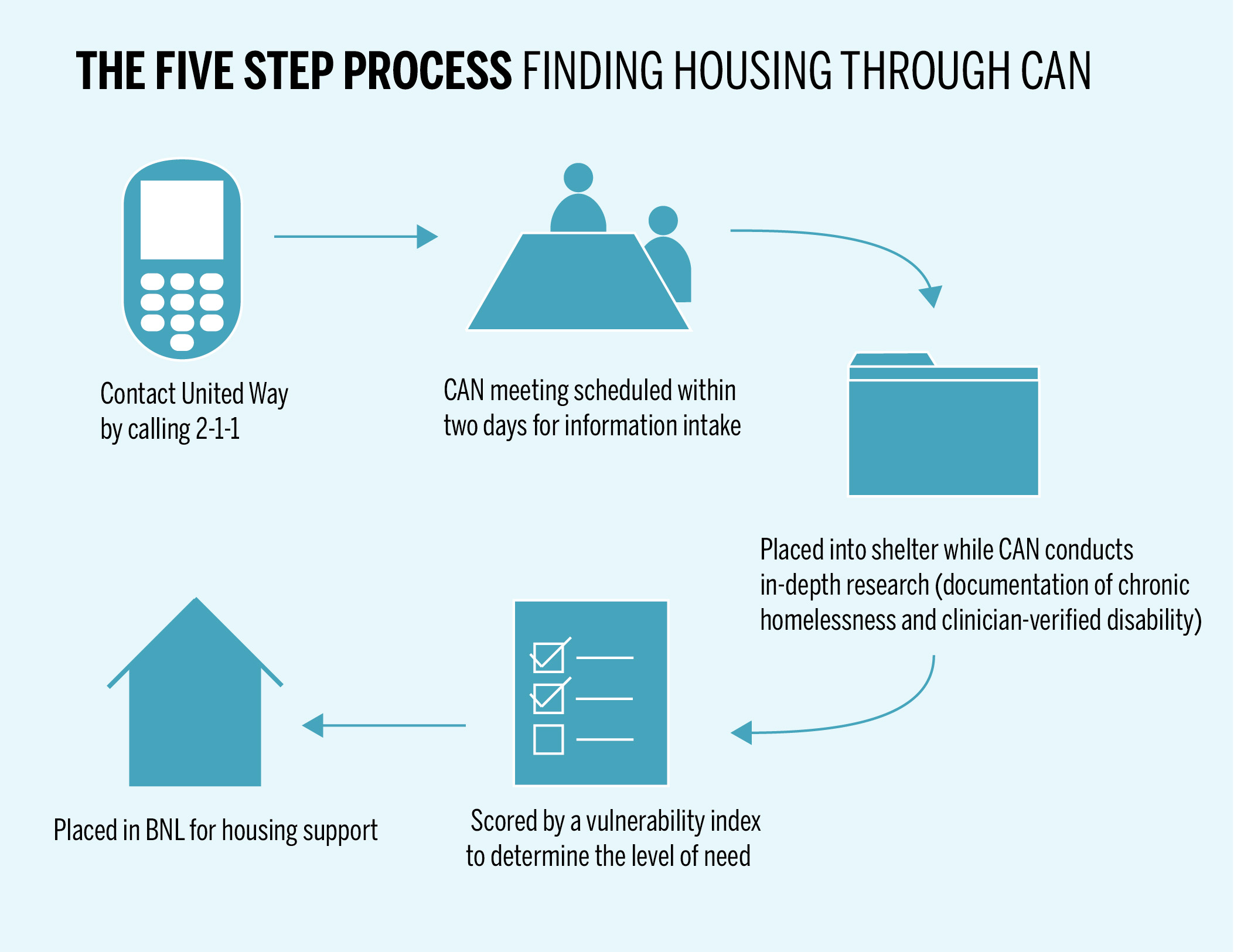
After becoming the first state in the nation to eliminate chronic homelessness among veterans last August, Connecticut is poised to eliminate all chronic homelessness by the end of this calendar year.
Connecticut is one of the four states taking part in Zero: 2016, a national campaign to end veteran and chronic homelessness by the year’s end. Characterized as “a bold goal” by Gov. Dannel Malloy, Zero: 2016 strives to prioritize and connect all chronically homeless individuals with housing and other resources within the community.
“[Zero: 2016] is a real centerpiece of our increasingly strong effort in Connecticut to use data to drive solutions to end homelessness,” said Lisa Bates SOM ’09, the executive director of the Connecticut Coalition to End Homelessness, one of the organizations spearheading Zero: 2016 in Connecticut. Partnership for Strong Community, another local nonprofit, is also leading the efforts.
Chronic homelessness is defined by the U.S. Department of Housing and Urban Development as long-term or repeated homelessness for no less than 12 months, accompanied by severe disabilities.
Bates said CCEH established the Homelessness Management Information System to record the details of every homeless family and individual in Connecticut. The information is usually collected when households or individuals experiencing homelessness contact shelters, housing service providers or outreach programs.
Zero: 2016 draws statistical support from Connecticut’s eight Coordinated Access Networks — a system that pools resources from all the housing providers in a certain locality — to identify homeless individuals, prioritize outreach based on the person’s level of vulnerability and connect them with housing service providers within their respective regions.
According to Greater New Haven CAN Director Jason Martinez, these networks have standardized the process of receiving housing support by calling forth collaboration between various local organizations and creating a single waitlist for housing within each CAN.
When an individual who is at risk of or already facing homelessness calls United Way, a statewide partner for Zero: 2016, an appointment is set up within two days to verify the individual’s eligibility to receive housing support and to document the specific needs of the individual. Before being settled into an affordable housing unit, the individual is given a score on a vulnerability index, which all housing service providers in Connecticut use to assess and prioritize housing needs. Finally, each CAN maintains a by-name list, essentially a waitlist, for verified and scored homeless individuals anticipating housing resources.
“When it comes to the chronic homeless, we are prioritizing our resources for that subset,” Martinez said. “And we believe that there are enough housing resources for that chronic subset, which is why we know we are going to end chronic homelessness by December.”
But Cindy Dubuque, campaign manager for the Reaching Home Campaign, a Connecticut program with the long-term goal of eradicating all homelessness, said that Zero: 2016 does not mean residents will never see a homeless person again. Ending homelessness would require that every community in the state have a response system in place to ensure that homelessness is “rare, brief and nonrecurring.”
According to Martinez, among the 350 actively homeless individuals in the greater New Haven area, 76 have already been matched with housing resources, and 84 are potential candidates to receive support.
Correction, Sept. 2: A previous version of this article misquoted Reaching Home Campaign manager Cindy Dubuque as saying that the state must ensure homelessness is “rare-bred and nonrecurring. In fact, Dubuque said “rare, brief and nonrecurring.”







